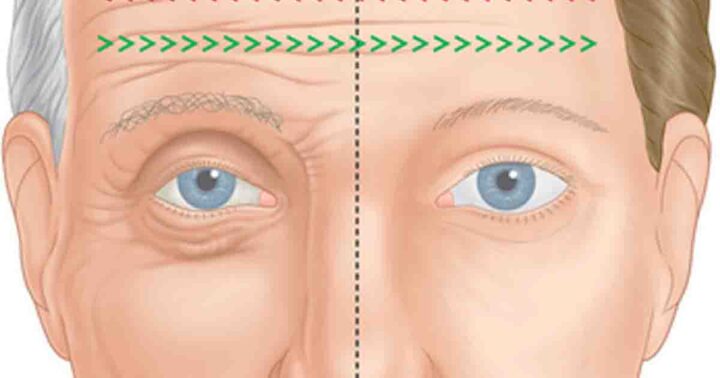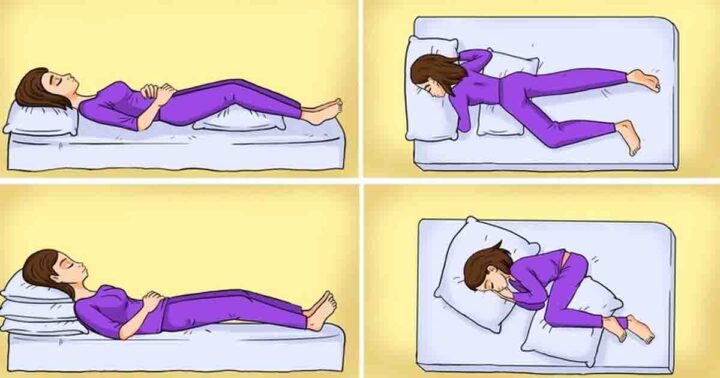It’s not often that we think about how our daily habits, such as our sleeping patterns, could impact our health in the long run.
However, according to medical experts in China, individuals who take frequent daytime naps, snore, and have poor nighttime sleep patterns may be at an increased risk for fatty liver disease, which can lead to other health issues such as high blood pressure, kidney disease, and diabetes.
In addition to the risk of fatty liver disease, poor sleep quality can also lead to feelings of exhaustion, lack of focus, and demotivation, which can affect both our mental and physical well-being. Establishing good sleeping habits, or sleep hygiene, not only promotes better rest but also reduces the risk of heart disease and poor mental health.
In today’s world, it can be challenging to establish good sleeping habits. However, there are some unhealthy sleep habits that we can easily avoid to promote better sleep quality. Here are some common habits to avoid:
Napping for too long
Experts at Sun Yatsen University in Gangshao, China, found that snoring and daytime napping for over 30 minutes increases the risk of fatty liver disease. Maintaining a consistent sleep schedule based on the time you need to wake up is recommended, and it is suggested to aim for at least seven to eight hours of sleep every night.
Sleeping at odd hours
Our natural circadian rhythm regulates when we’re most likely to feel awake and focused and when we’re supposed to feel tired and sleepy. Sleeping in patterns opposite to our natural circadian rhythm can cause a hormonal imbalance that can make it difficult to sleep. It is suggested to maintain a consistent sleep schedule based on the time you need to wake up.
Eating too close to bedtime
Having a heavy meal right before bedtime can make it difficult for your body to relax and fall asleep. Late-night snacking can also trigger digestive issues that interfere with sleep. It is recommended to eat dinner at least two to three hours before bedtime.
Using technology in bed
The blue light from electronic devices can mimic the effects of sunlight, hampering melatonin production and our ability to sleep. Experts suggest reducing screen time at least two to three hours before bedtime.
Working out before bed
Exercising late at night can leave you full of adrenaline, which blocks sleep. It is recommended to avoid working out for at least one to two hours before bed.
Drinking coffee late in the day
Caffeine fuels the nervous system, causing increased brain activity and wakefulness, which do not boost sleep. It is recommended to avoid coffee and other caffeinated beverages such as tea and soda after 2 pm.
Poor sleep quality can have significant impacts on our health, but avoiding poor sleep hygiene can also prevent heart disease, depression, and type 2 diabetes. By taking small steps to improve our sleep hygiene, we can promote better rest and overall health.
What are your thoughts on this topic? On a scale of 1 to 10, how healthy are your sleep habits? Let us know in the comments below.











